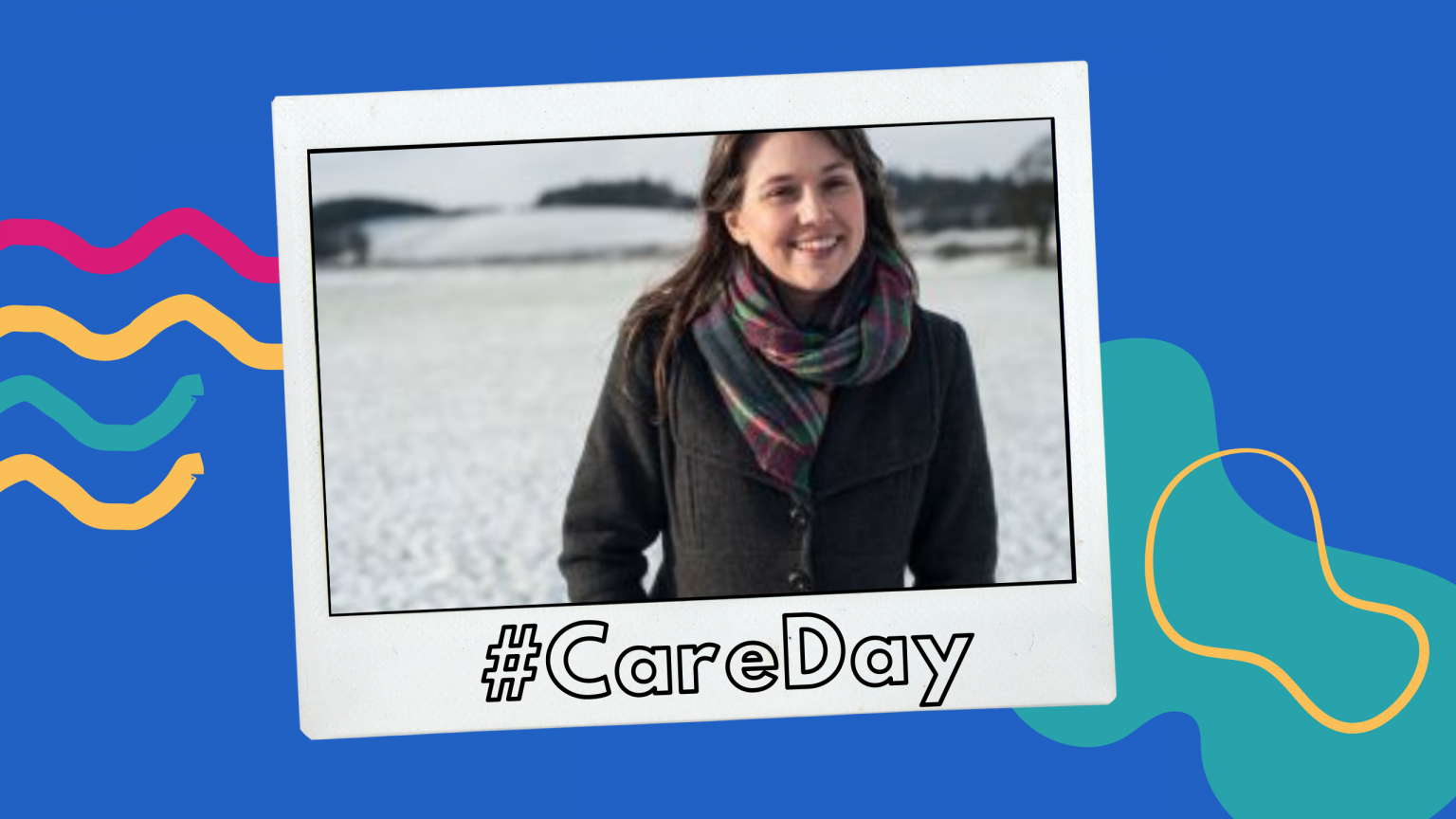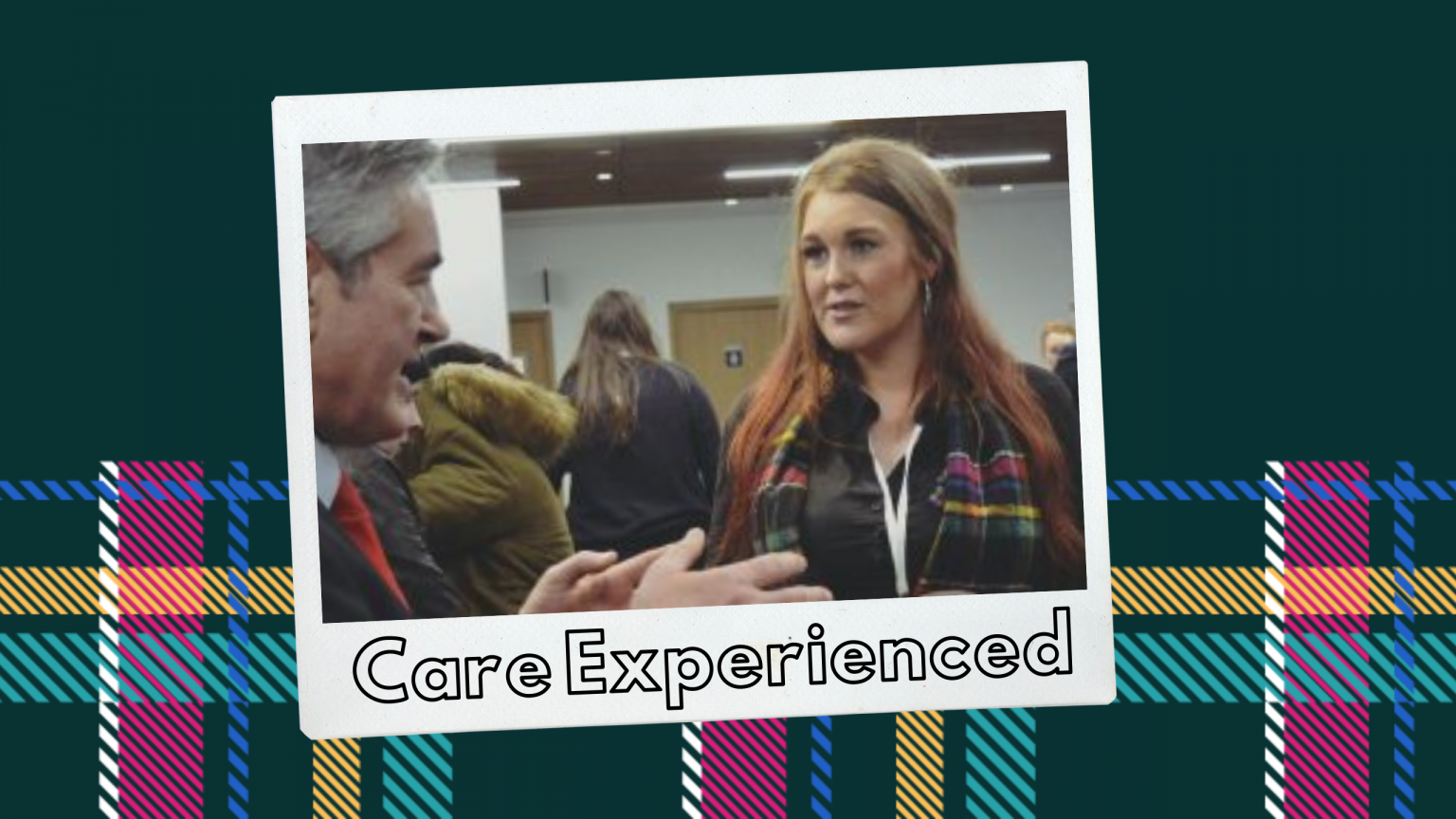A couple of years ago, I wrote a blog about my experience of homelessness and it went viral. It went viral, partly because my hero, JK Rowling shared it among many others. I wrote it because I was finally at a place in my professional life where I felt that I had climbed a little out of the trap of poverty I had found myself in. That I actually had something worthwhile to say. I wanted to help guide others and I got the urge to write a blog after hearing one too many opinions from people with no lived experience, telling those in the trap, why they were in it.
What I didn’t talk about in that blog was other parts of my experience. I’m Care Experienced. Like many who have been in care, I don’t find it easy to talk about. The stigma placed upon me, and others who have experience of care, by society made me reluctant to open up.
When I wrote that blog about homelessness, I didn’t talk about the poverty that I was in during my childhood and teenage years. I didn’t talk about the trap that I, and many others, were in felt like we were faced with either no choice or a bad choice.
When I watched the BBC Three drama, Killed By My Debt, it struck a chord. It’s a dramatisation of the real life story of Jerome. He was a young man who had no option but a bad option. He was preyed upon by unscrupulous lenders and the impossible debt that followed. I had to speak up about my experience and that of others who are Care Experienced or trapped in poverty.
Just watched #KilledByMyDebt and have to say, it's a very gripping, honest and heartbreaking dramatisation of a real story. It got me thinking about debt, my family and their approach to it.
— Kenneth J Murray (@kenny_murray) May 29, 2018
Speaking up about my own experiences, in more detail than before, is daunting. I’m scared of being judged. I’ve heard people be mean about and undermine other Care Experienced people when they speak up.
This is something I’ve faced throughout my life. I know that the power of lived experience in driving change, so I knew that for me, sending that tweet was right. I’m glad that I spoke up.
When the BBC got in touch and asked if I’d be interested in speaking about my experiences of borrowing money to buy the basics, it felt like an opportunity I had to take. I wanted to talk about how other Care Experienced people are disproportionately targeted by these lenders. I want people to know that for some people who have left care, there’s nowhere else to turn. And that the minute we engage with them, we become trapped in the stress and worry that comes with a short term, high interest loan.
My job at Who Cares? Scotland means I am involved in supporting Care Experienced people who want to speak up in a way that is empowering and authentic to them. It’s not usually me in the story but it felt right this time.
Our members, including Care Experienced staff who are paid the National Living Wage, are prime targets for this dangerous lending. Like everyone else, they worry about money. Across the country, people worry about paying their rent, wash their clothes, feed and entertain their children. And they reach out to people for help. The difference for Care Experienced people like me is that there’s so few places to turn for support when there’s more of the week left than there is money.
Doorstep lending companies are predicting their most successful year ever and I hate knowing that Care Experienced people will be major contributors to that. It should be opportunity that knocks at the door for our young people, not someone offering the most expensive path to tomorrow’s dinner.
The Financial Conduct Authority today announced a potential cap on some of these practices but for me, it was too late. The damage is done. My credit rating is at rock bottom and only now slowly improving.
For our Care Experienced members and others trapped in poverty, the only thing that will help, I feel, is opening up alternatives. Banks are literally moving away from high streets whilst these dangerous lenders are moving in to communities. I want to see other options, like credit unions or ethical lenders opening their books to allow people trapped in poverty to borrow, in a way that doesn’t plummet them further into that trap they’re already in.
Personally, I’ve taken the step to join a credit union and it’s something I’d recommend to all Care Experienced people. In fact, I’m currently looking to work with a credit union to help them reach out to Care Experienced people instead of the doorstep lender, reaching out to them.








